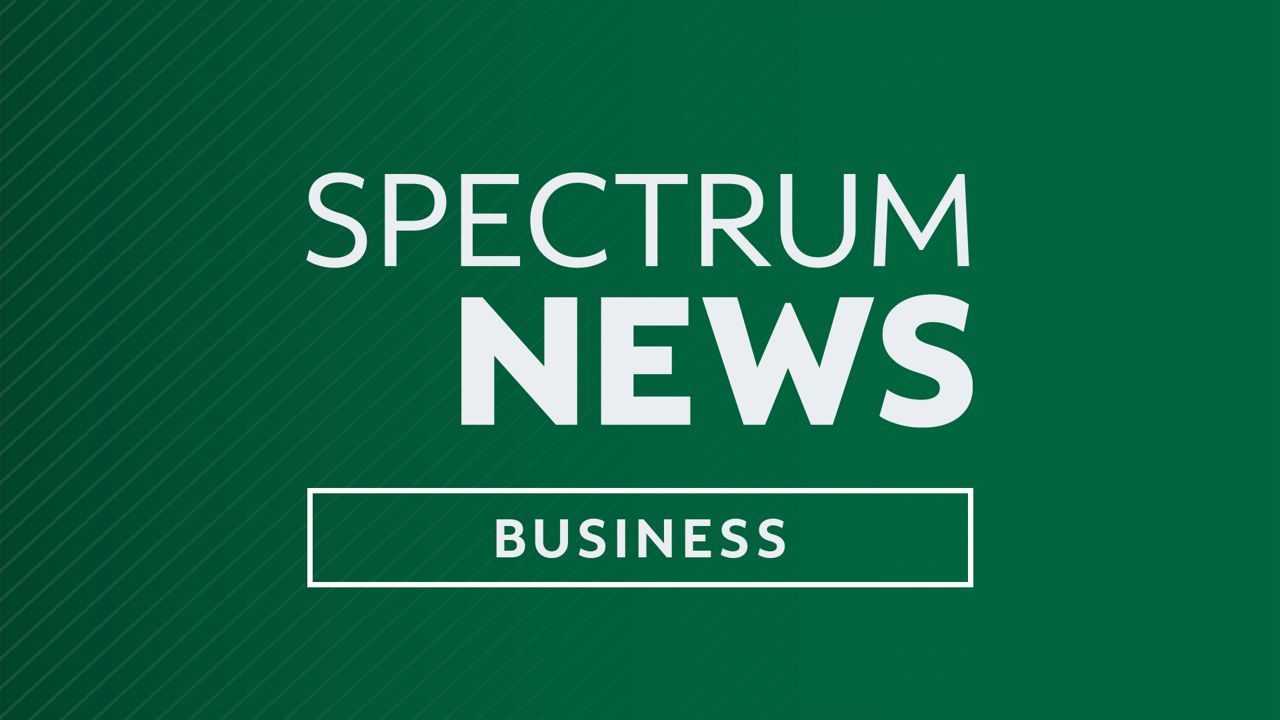SILVER SPRING, Md. (AP) — The Trump administration says a recent rule change allows small business owners convicted of felonies to apply for government loans to help them weather the COVID-19 pandemic, but civil rights groups claim the program revision doesn’t go far enough.
The groups, including the American Civil Liberties Union, sued Tuesday to block the U.S. Small Business Administration from denying Paycheck Protection Program loans to small business owners with criminal records.
The federal lawsuit, filed in Maryland, says excluding business owners with criminal records from the $669 billion program has disproportionately harmed black and Hispanic business owners “due to systemic racism in the criminal-legal system.”
The criminal-record exclusions “tell a sweeping category of small-business owners across the country that, at a time of acute financial fragility, there is no lifeline for them or their employees,” the suit says.
The SBA said in a news release Friday that it changed the eligibility threshold for business owners with felony criminal records “in furtherance of President Trump’s leadership and bipartisan support on criminal justice reform.”
The change reduced the program’s “look-back period” from 5 years to 1 year for non-financial felonies to which an applicant has been convicted, pleaded guilty, pleaded “no contest” or been placed on parole or probation. “The period remains 5 years for felonies involving fraud, bribery, embezzlement, or a false statement in a loan application or an application for federal financial assistance,” the SBA statement says.
ReNika Moore, director of the ACLU’s Racial Justice Program, said Friday’s rule change doesn’t adequately address the criminal-record exclusion or moot the lawsuit’s claims for plaintiffs named in the lawsuit. One plaintiff, business owner Sekwan Merritt, was denied a loan because he is still on parole for a 2012 drug conviction; another plaintiff, John Garland, was denied on the basis of a pending charge, the lawsuit says.
Merritt, who is black, owns and operates a small electrical contracting business. Garland, who also is black, is majority owner of a graphic design business.
“There is no reason that our business should be denied the chance to survive this crisis and continue to grow into the future or that my employees should not be able to be paid because I have pending misdemeanor charges for which I strenuously maintain my innocence,” Garland said in a statement released by the ACLU.
The lawsuit asks the court to declare that the criminal-records exclusions is unlawful and can’t be enforced. The plaintiffs also are seeking an order to extend the loan program’s June 30 application deadline to July 21 for applicants covered by the criminal-record exclusions.
SBA spokeswoman Carol Wilkerson declined to comment on the lawsuit’s allegations.
The plaintiffs also are represented by attorneys from the Public Interest Law Center and Washington Lawyers’ Committee for Civil Rights and Urban Affairs.
___
Follow AP coverage of the virus outbreak at https://apnews.com/VirusOutbreak and https://apnews.com/UnderstandingtheOutbreak.
Copyright 2020 The Associated Press. All rights reserved. This material may not be published, broadcast, rewritten or redistributed without permission.



